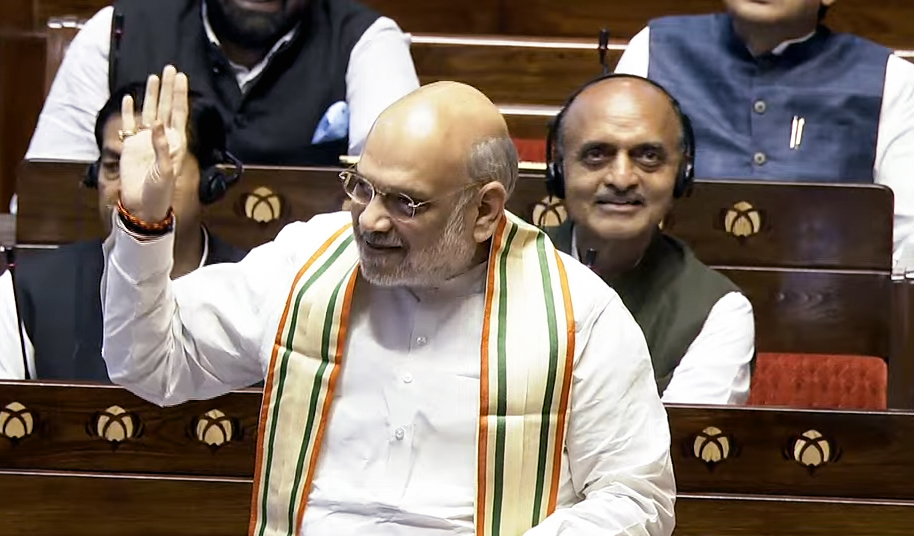Union Home Minister and Minister of Cooperation, Amit Shah, responded to the discussion on the Immigration and Foreigners Bill, 2025, in the Lok Sabha on Thursday. After the discussion, the lower house of Parliament passed the Bill. The bill is aimed at strengthening national security, enhancing economic growth, and regulating the entry and exit of foreign nationals.
Shah emphasized the need for a robust immigration policy, stating that it is crucial for the country’s security to know who is entering India, when, for how long, and for what purpose. He declared that India is not a “Dharamshala” (rest house) where anyone can come and settle for any reason. He stressed that the Parliament has the authority to take steps to prevent individuals who pose a threat to national security from entering the country.
Shah highlighted that the bill will ensure the creation of a systematic, integrated, and up-to-date record of every foreign national arriving in India. This will be achieved through a transparent, tech-driven, time-bound, and trustworthy immigration system. According to the Union Home Minister, the new law will significantly streamline the immigration process, reducing the average time taken at immigration checkpoints from 4-5 minutes to just 1-2 minutes per person. He noted that immigration will now involve a 360-degree screening of every foreigner across 24 parameters before granting entry into India.
The minister also said that the “Immigration, Visa, and Foreigners Registration and Tracking” (IVFRT) system has been given a legal framework to effectively monitor illegal immigrants and those overstaying beyond permitted durations. This initiative, combined with the launch of the District Police Module (DPM) or Foreigners Identification Portal in over 700 districts, is expected to fortify the country’s immigration infrastructure. The bill, a product of three years of intense deliberation, aims to make India’s immigration system simplified, secure, and systematic.
Shah pointed out that India’s soft power, which includes yoga, Ayurveda, and organic farming, has already gained global recognition, and the bill will further enhance India’s global image. He expressed confidence that the bill will provide momentum to the country’s aspirations to become the world’s third-largest economy by 2027 and achieve the status of a fully developed nation by 2047.
The Union Home Minister also noted that the bill consolidates and streamlines the laws governing immigration, which were previously spread across multiple outdated acts. He underlined that the new bill replaces older laws from 1920, 1939, and 1946 that were enacted during British rule, with a modern legal framework suited to India’s current needs.
Shah also touched on the issue of illegal immigrants and drug cartels, asserting that the new legislation will help curb illegal activities and safeguard the economy from those with malicious intent. He said that while the government welcomes foreigners who come legally to contribute to India’s prosperity, those who aim to disrupt national security will be dealt with firmly.




















